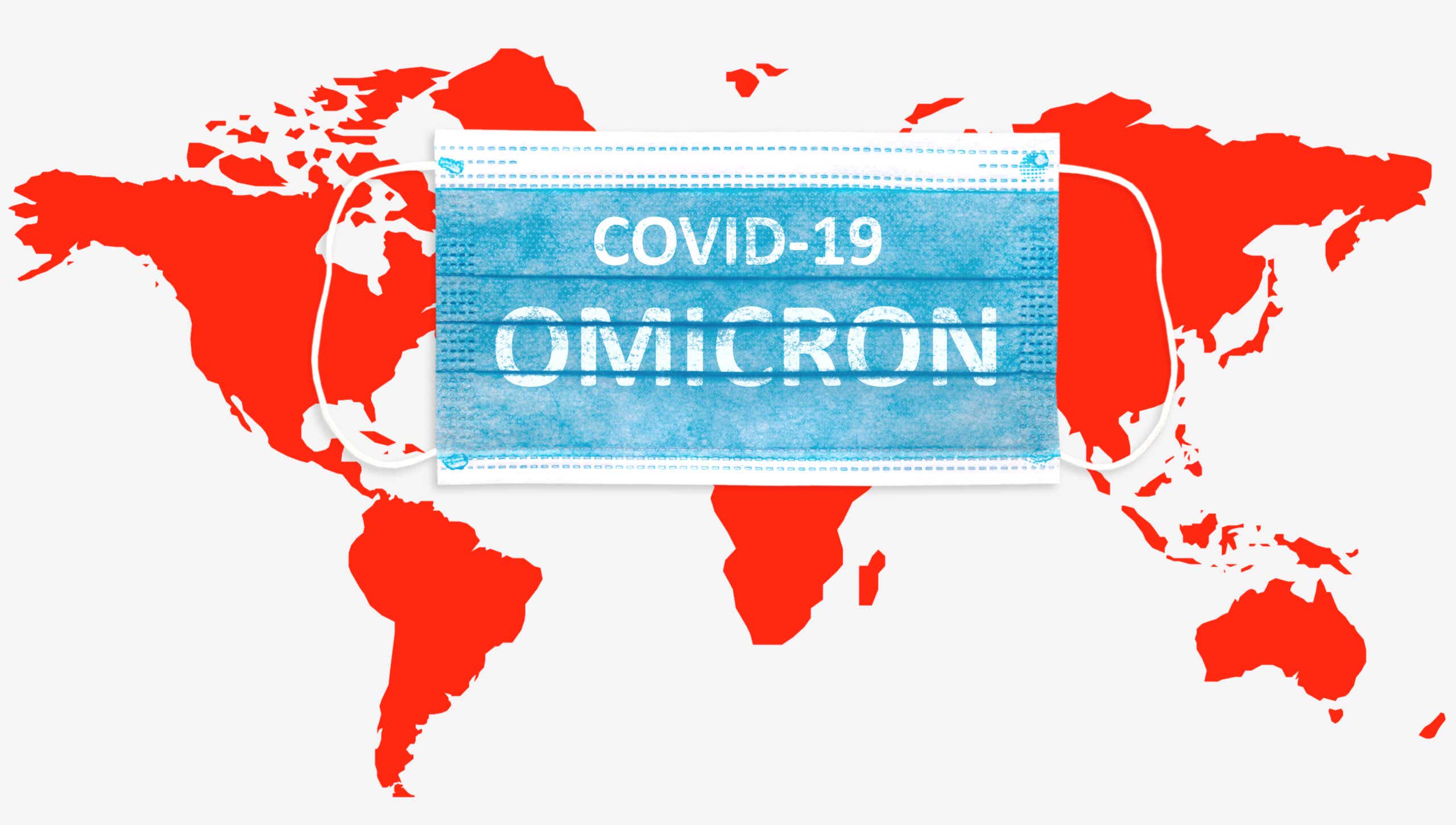Thanksgiving 2021 was unfortunately dimmed by the arrival of a new coronavirus variant, the Omicron variant. Here’s what we know about this new Covid variant so far.
Where was the Omicron variant discovered?
Omicron was first discovered in South Africa and reported on November 24. Prof Tulio de Oliveira, the director of the Centre for Epidemic Response and Innovation in South Africa, said it had a “big jump on evolution,” due to its unusual constellation of mutations.
The first U.S. case of the Omicron variant was detected in California and reported December 1, in an adult under 50 years old who’d returned from South Africa on Nov. 22. The individual, who’d reportedly received two doses of the Moderna vaccine, has been self-isolating since. Dr. Mark Ghaly, secretary of the California Health and Human Services Agency, said that their mild symptoms are a testimony to the efficacy of vaccines: “Vaccinations do a really important thing,” he said. “Protect against severe disease, against hospitalization and death.”
How resistant is Omicron to existing vaccines?
The full extent of Omicron’s resistance is still unknown, but an early experiment has offered some insight into its interaction with the Pfizer shot. Omicron partly evades Pfizer’s protection, but people who have been previously infected and then vaccinated are likely to be well protected, researchers working in South Africa reported on December 7.
Booster shots are also likely to offer some safeguard, Alex Sigal of the Africa Health Research Institute in Durban told CNN. “I thought this news was very positive. I expected worse,” he added, explaining that because of the variant’s many mutations, it’d been expected to get around vaccines’ protection to a greater extent.
“It certainly escapes. It is certainly bad,” Sigal said. “But it looks to me like there are ways of dealing with it.”
Why are we still worried?
Omicron is the most heavily-mutated version of the coronavirus so far, with over 30 mutations of the spike protein viruses use to get into human cells — more than double that of Delta. One scientist described the list of mutations as “horrific,” while another told the BBC it was the worst variant they’d seen.
Though its transmissibility and resistance to immunity are still not entirely understood, the WHO says the likelihood of further global spread of Omicron is very high. Cases have already been reported in Botswana, Belgium, Canada, Australia, the Netherlands, Denmark, the United Kingdom, Germany, Israel, Italy, the Czech Republic, and Hong Kong.
What are the Omicron symptoms?
So far, symptoms have been described as “extremely mild.”
Dr. Angelique Coetzee, chair of the South African Medical Association, told the BBC on Sunday that she started to see patients around Nov. 18 with “unusual symptoms.” She said they differed slightly from those of the Delta variant. “It actually started with a male patient who’s around the age of 33…and he said to me that he’s just [been] extremely tired for the past few days and he’s got these body aches and pains with a bit of a headache,” she told the BBC.
The patient didn’t have a sore throat (he had a “scratchy throat”), cough, or loss of taste or smell.
Dr. Coetzee tested that patient for Covid, and he was positive, as was his family. Then, she saw more patients that day with the same kinds of symptoms.
What about travel restrictions because of Omicron?
At least 44 countries — including the U.S. — have already imposed travel restrictions from several African countries, and Japan and Israel have banned all foreign nationals.
On December 2, President Biden announced that from 12:01 a.m. ET on Monday December 6, all inbound travelers must take a Covid-19 test within one day of departure to the U.S. The previous rule was that travelers are required to test within three days of their departure. From December 6, travelers arriving in the U.S. must also be fully vaccinated.
What happens next?
The U.S. is taking a proactive stance, and the unvaccinated are being urged to get their shots ASAP. Moderna is already exploring the possibility of an Omicron-specific vaccine booster, should that become necessary.
Katie caught up with her friend Dr. Jeremy Faust about why Omicron caught the world’s attention — and whether vaccines are expected to protect us…









